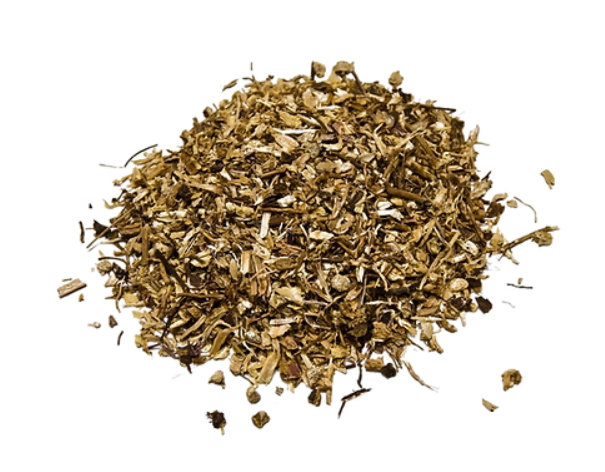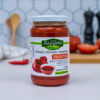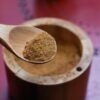Echinacea is a medicinal plant with a long tradition in natural medicine. It belongs to the Asteraceae family and originates from the United States, where it was used by indigenous tribes to strengthen the body's defenses.
The herb Echinacea includes several species, the best known being Echinacea purpurea and Echinacea angustifolia. The plant's active ingredients (polysaccharides, phenolic compounds, and alkamides) have been extensively studied for their beneficial properties.
Properties and Benefits of Echinacea
THE echinacea It is particularly popular for:
- Strengthening the immune system
It helps the body defend itself against viruses and infections.
- Reducing the duration and intensity of colds
Studies show that regular intake echinacea can reduce the duration of symptoms of the common cold.
- Natural anti-inflammatory action
It can help reduce inflammation in the body.
- Support during the change of seasons
Excellent choice for periods with increased cases of viruses.
Side Effects and Contraindications
THE echinacea It is considered safe for short-term use, but:
- Not recommended for people with autoimmune diseases.
- Long-term use should be done under medical supervision.
- Possible mild side effects: gastrointestinal disorders, skin rashes.
If you are pregnant, breastfeeding or taking medication, medical advice is recommended before use.
Frequent questions
Can I combine the echinacea herb with vitamin C?
Yes! The combination Echinacea herb with vitamin C and propolis significantly strengthens the immune system.
Is it suitable for children?
There are special preparations Echinacea herb for children — follow product instructions and pediatrician recommendations.
When should I start taking it?
Ideally before periods with increased viral infections or at the first symptoms of a cold.
Which format is better?
Depending on needs: for the neck Echinacea spray, for daily support capsules.










Reviews
There are no reviews yet.